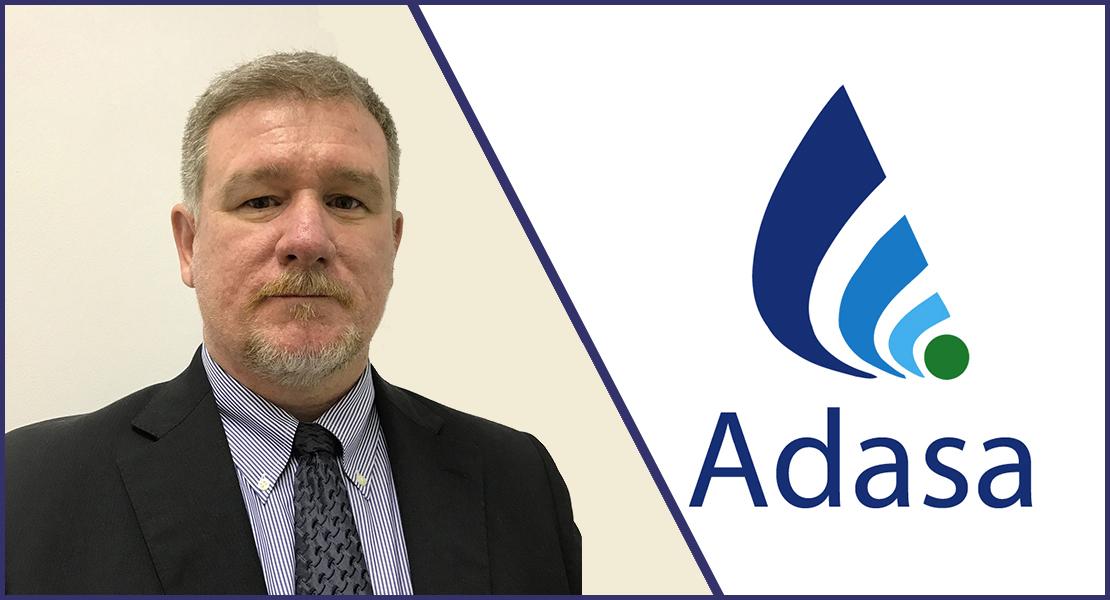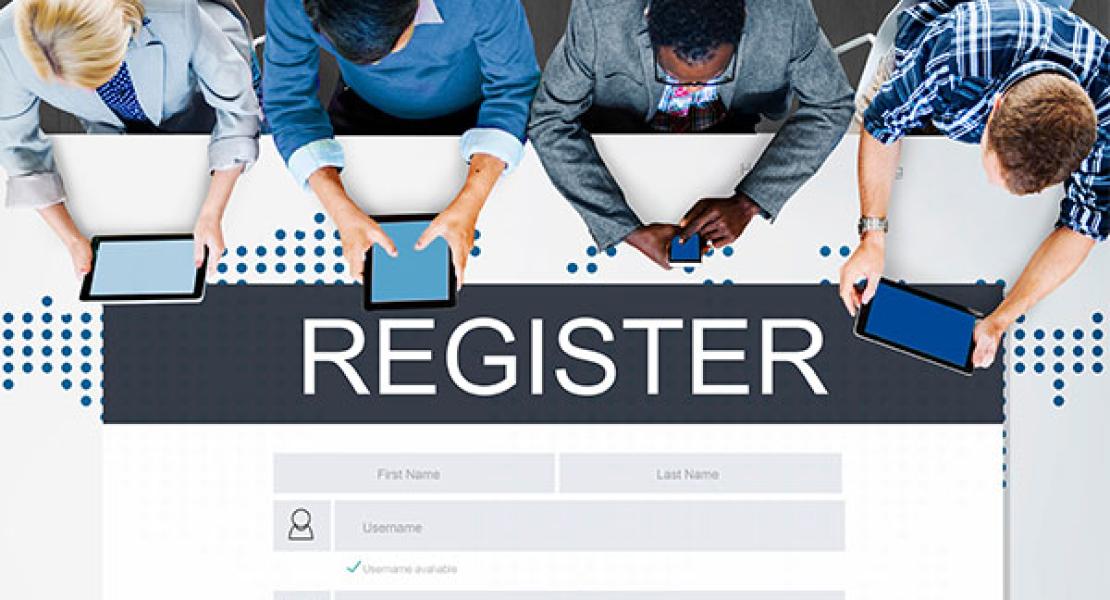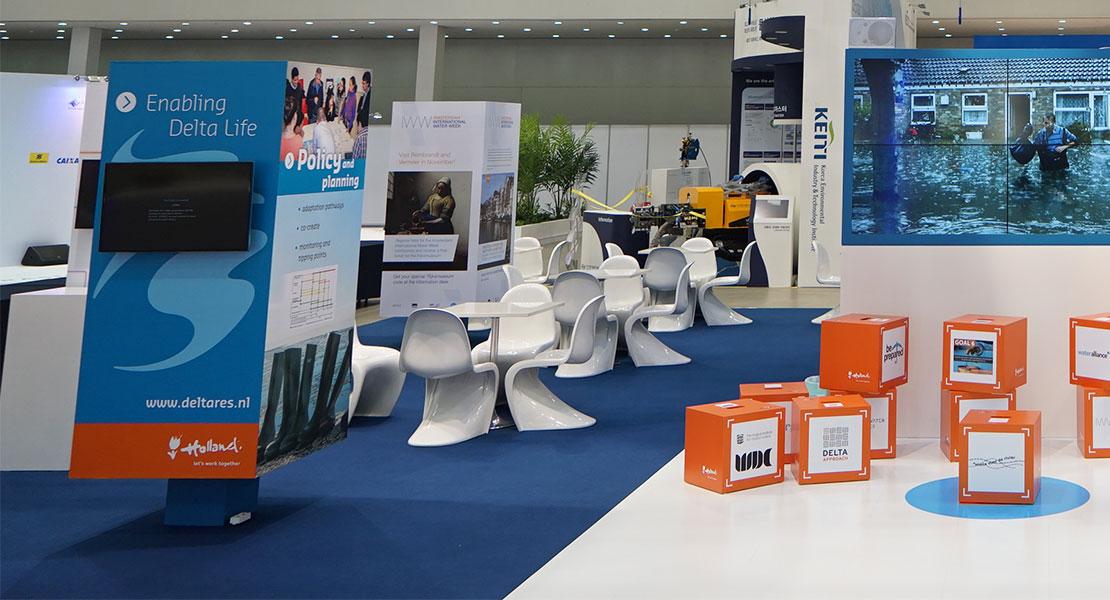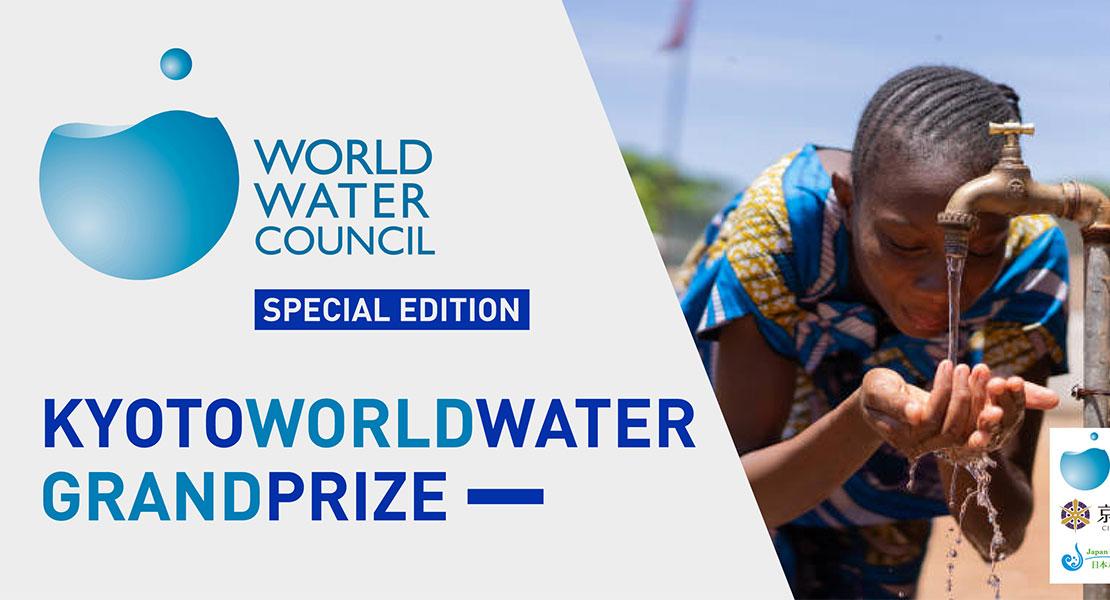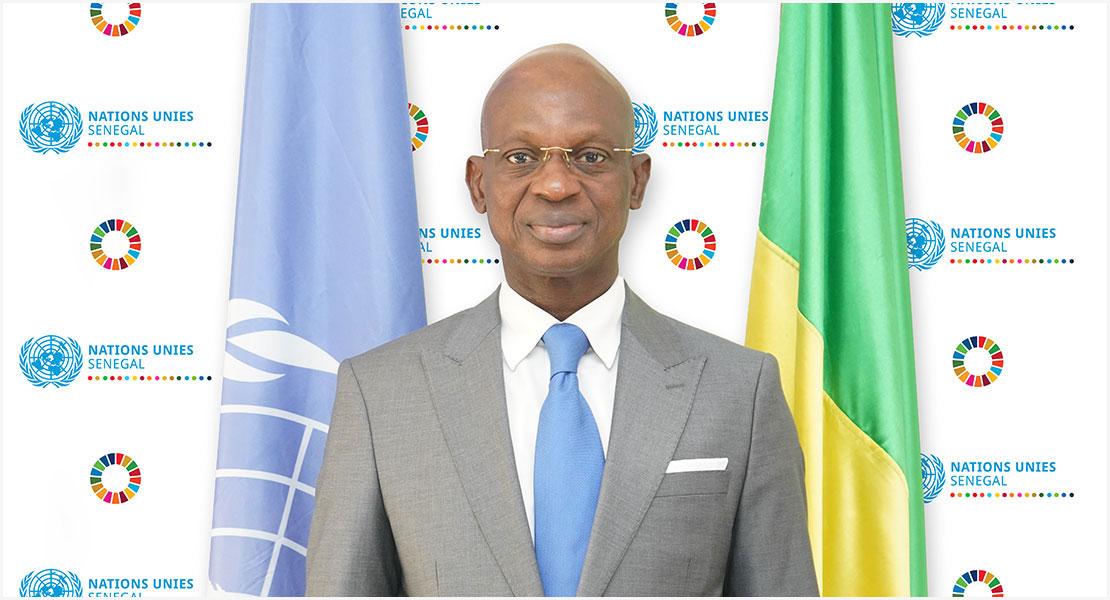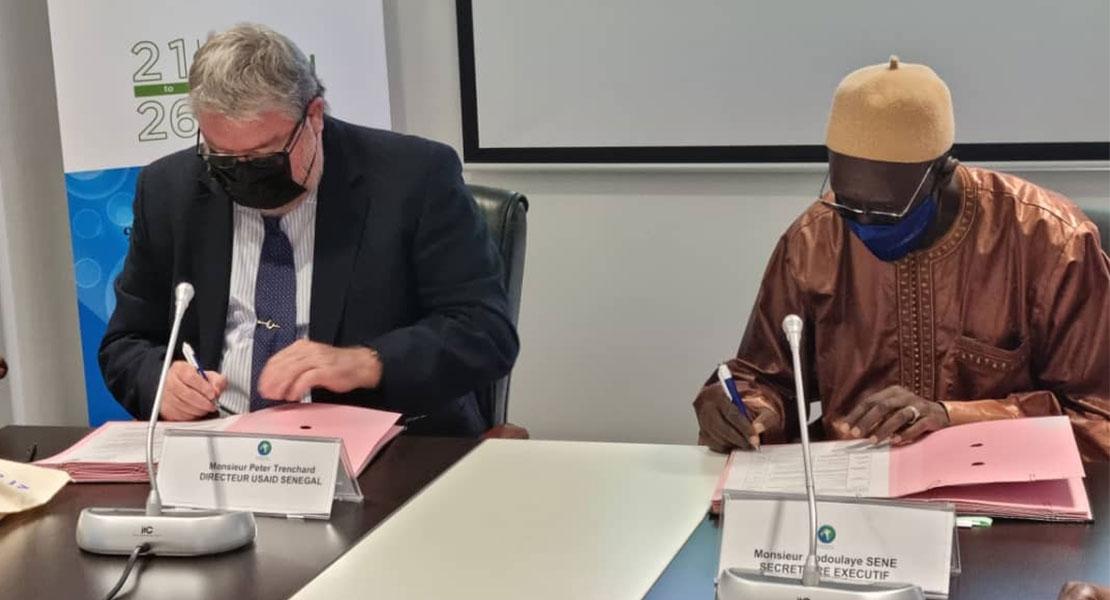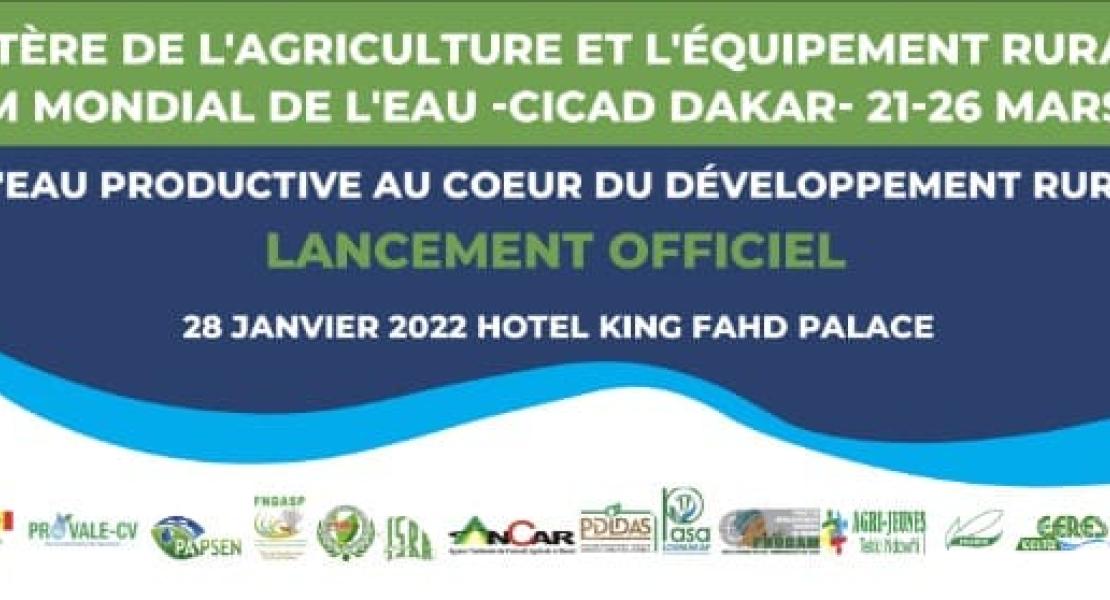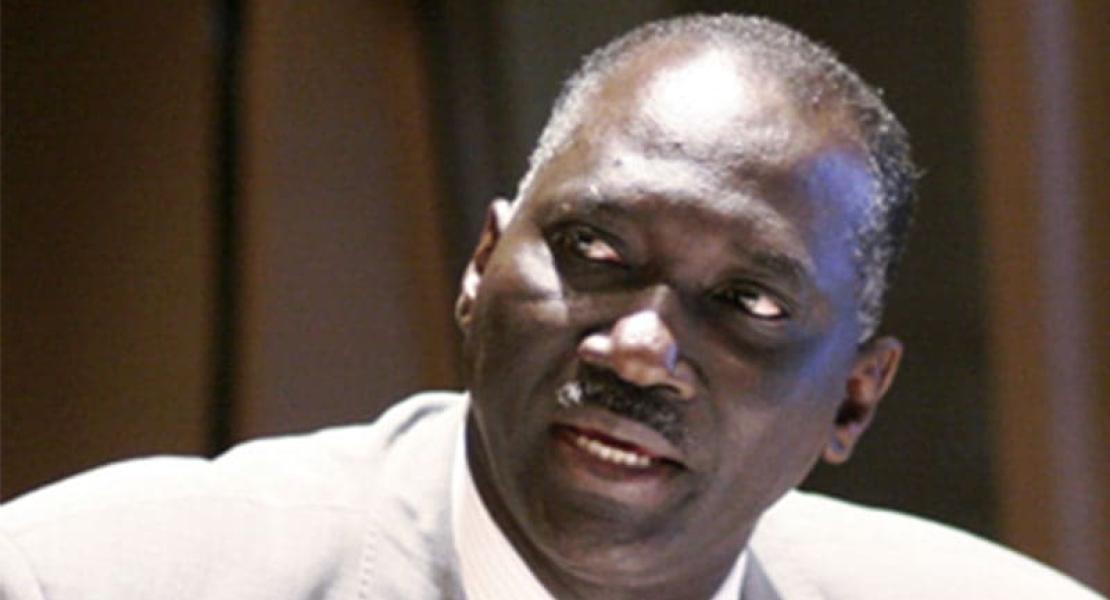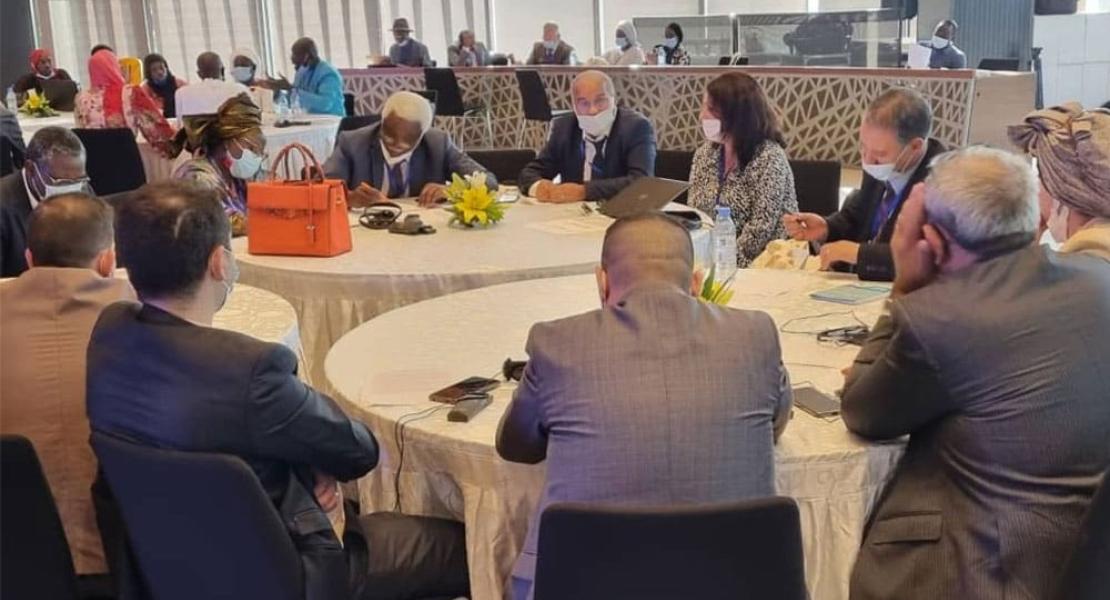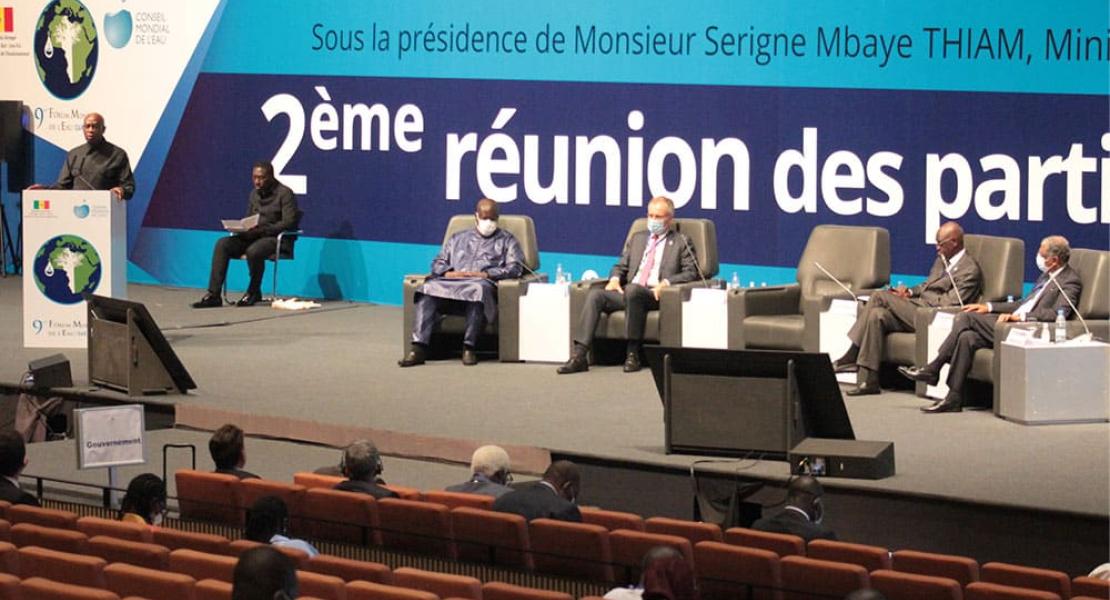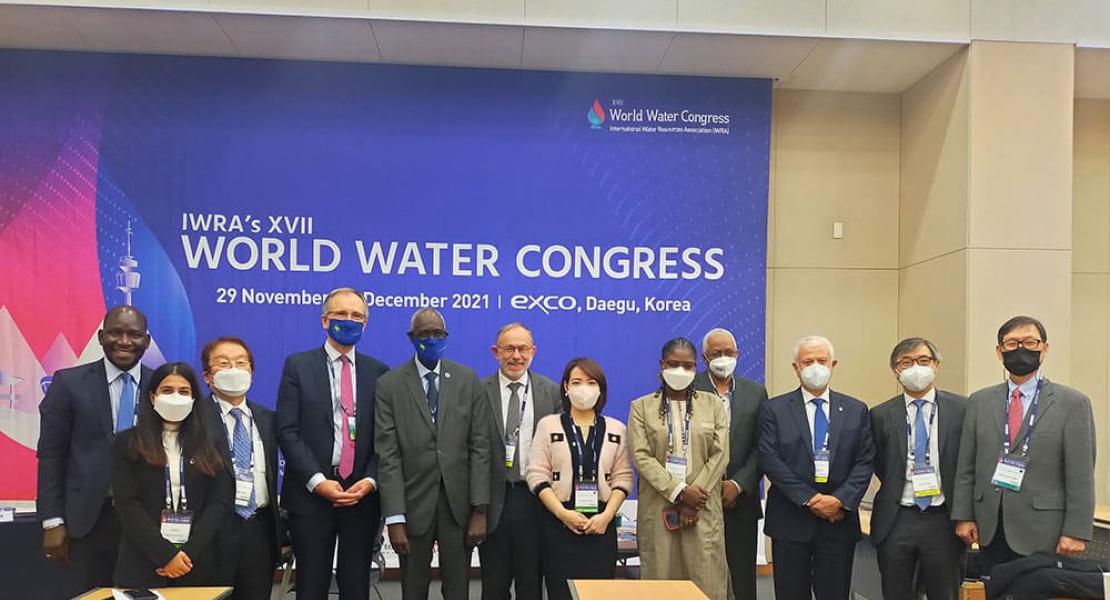By Jorge Werneck, member of Priority 2 Pilot Group – Rural Development
The World Water Council is certainly one of the largest international networks for discussion, encouragement, and influence on water and sanitation sector. The World Water Forum is a great opportunity for experiences exchanging and the establishment of relevant articulations to solve the innumerous sort of the water related problems all over the world, from technical, political, and financing perspectives. It is important to say that the Forum is much more than a single event, but a process that involves hundreds of institutions and thousands of actors related to the theme of water, people with different expertise and from diverse sectors, some sharing their experiences, some seeking for solutions, but the majority, with interest in both things.
I participated directly in the organization of the 8th World Water Forum, as Co-chair of the Thematic Commission and Director of ADASA, the Regulatory Agency for Water, Energy and Sanitation of the Federal District, the institution that represented the local government in the organization of the Brasília Forum. At that time, in 2018, we were facing, for the first time in history, a water crisis in the region, and there is no doubt that the articulations that arise from the Forum's preparation process, at local, national, and international levels, were fundamental to the solution of the problem and the posterior improvements in security and resilience of the sector.
As the water resources management agency and the regulator of the water and sanitation sector, two very dynamic fields, the quality of service provided by ADASA is directly related to its ability to learn and adapt to different situations. Global changes, the accelerated urbanization process, political changes, economic and health crises, such as the one caused by Covid-19, make this integration and exchange of experiences promoted by the Forum even more relevant. As time goes by, the problems are increasing in complexity and, in a very diverse world, it is huge the chance of having others experiences around the world that will help people, institutions, cities, regions, and countries to go through those critical situations.
In this sense, the Dakar Forum is an amazing opportunity to share knowledge, to learn, to establish partnerships, and to expand networks of exchange and debates that should persist forever, which is priceless! In this environment of exchange and integration, we all hope that this initiative can represent, in fact, a Forum of Responses, of actions that succeed in accelerating the achievement of the Sustainable Development Goals related to water, which ends up contributing to promote peace and other important goals of the A-2030.
We are advancing in the preparatory process of the event in Dakar. It is pleasing and stimulating to see everyone's commitment to the quality of the Forum and its results. At this moment, the Action Groups are finalizing their action plans and defining the key messages they want to convey through the discussions that will take place in the Forum sessions. There are already hundreds of people and institutions involved and contributing to this process. The time is coming for the Pilot Groups to analyze and bring together the proposals made so far. The idea is to identify possible gaps that should be addressed and to minimize the overlapping of themes in different sessions. This organization on a more integrated scale can be useful not only for giving participants some orientation about the sessions subject, but also for the organization, systematization, and clarity of the key-messages of the Forum. I still remember how rich and difficult this process was in the organization of the sessions of the Forum in Brazil, but it worked, just as it will happen with the Dakar Forum.
Undoubtedly, the Dakar Forum is a great opportunity for sharing and discussing local and global problems, as well as for accelerating actions to guarantee water and sanitation for all, especially on the African continent. I look forward to meeting everyone there!
About Jorge Werneck
Jorge Werneck is agricultural engineer with PhD on water monitoring, modeling, and managing. Senior researcher on hydrology at the Brazilian Agricultural Research Corporation (EMBRAPA), he works since 2017 as Director of ADASA, the Regulatory Agency for Water, Energy and Basic Sanitation of the Federal District, Brazil. He was the co-chair of the 8th World Water Forum Thematic Commission, and, on the organization of the 9th Forum, he is member of the Pilot Group of the Rural Development priority. Jorge Werneck is also member of the WWC Board of Governors and its Bureau.

